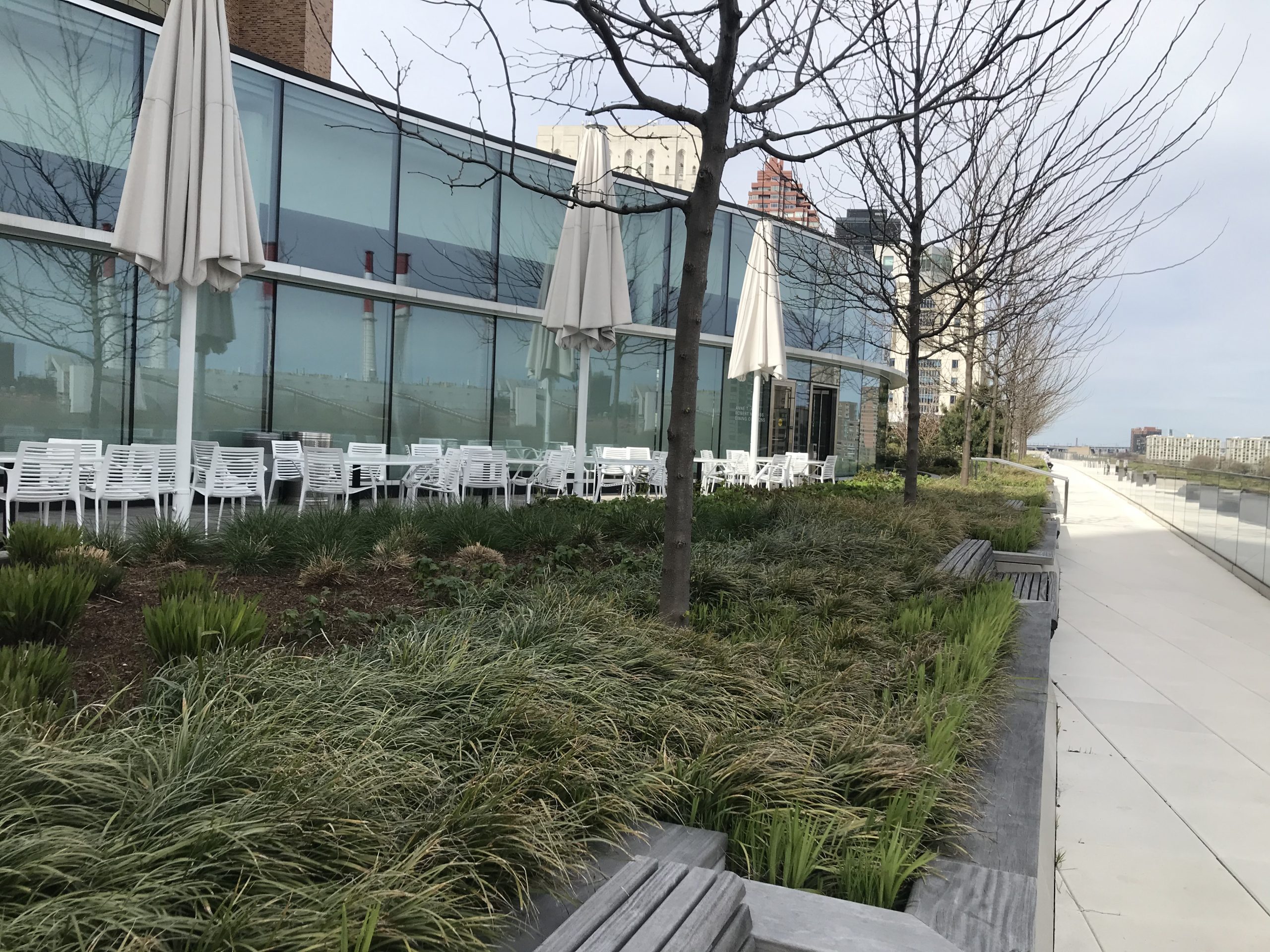Audrey Goldfarb
“How are you?” is more of a formality than a genuine question. Any response other than a variation of “Good! How’re you?” is unexpected. I personally find maintaining a façade of blue skies to be emotionally draining, so I tend to answer the “how are you?” question honestly when I’m actually not okay. However, for the last several months, can any of us claim to have been okay at baseline? And if the answer is no, are we admitting it?
I anonymously polled Rockefeller community members to gauge our wellbeing more accurately, as well as to give people an opportunity to outwardly acknowledge that they are indeed struggling. The responses were mixed, some reading as guarded and stoic, others raw and vulnerable. Individual experiences are also variable. I hope that sharing some of these experiences reinforces a sense of community around our mutual tumult and reminds us all that it’s okay to not be okay. “There are days of dread and fear, and others of hope,” one Rockefeller employee said.
Productivity and mental health have a complicated relationship, but often they suffer together. Our work life was severely disrupted during quarantine, and even though campus has reopened, it is a far cry from how it looked and felt in February. Shift work also puts limits on the time we can spend in the lab.
“Working from home is not efficient and productive for me,” one student said. “It’s harder for me to be focused on working at home because home really doesn’t give me the environment of working. And of course, I cannot go to the lab to do experiments so very little progress on research. Honestly speaking, I feel frustrated spending months at home getting limited things done.”
Zoom makes lectures accessible from anywhere but staring at a screen all day takes a toll. Many of us struggle to achieve the same level of engagement they have during in-person lectures. “I can’t focus during Zoom classes or meetings, most of what was said in them has been erased from my memory,” a student said.
“I am much less productive, and much less able to focus,” another student said.
“It’s hard trying to work at home especially since before this I’ve always tried really hard to separate work and home spaces,” another student said. “I’ve just resigned myself to not being at the ‘height of productivity.’ Right now, I’m rethinking my approach to lab work and trying to put my personal well-being much more ahead of lab productivity.”
With no end in sight, the many concerns we obsess over remain unresolved. “The uncertainty of when everything will go back to normal, when will we go back to lab, when can we travel to see our families, when can people who are stuck somewhere in the world will be able to go out, when can we all feel safe again so I don’t have fear if a family member gets sick.”
“So far it seems like we are all learning about this virus day-by-day, with no clear end in sight.”
“Personally, I just keep reminding myself that this won’t last forever. It won’t go away tomorrow, but it’s not going to be like this for the next decade.”
Social distancing made it impossible to fully lean on friends and family for support. Our social lives were hit hard. “I’ve forgotten how to interact with people,” one student said. “I particularly noticed that I’m having difficulty looking at other people’s faces and maintaining eye contact in person, and that I’ve forgotten how to end conversations.”
We have been deprived of many of our coping mechanisms, socialization in particular, but also other escapes and entertainment around the city. Without space away from our internal and external conflicts, they become even more exhausting and tormenting. “It is my anxiety about racial conflicts on top of the usual pandemic issues that really keeps me up at night,” one international student said.
“Everyone has their special circumstances that have made dealing with this pandemic difficult,” a student, whose family member started chemotherapy in February, said. “For me it was concern about immunocompromised family members and social isolation leading to an almost agoraphobia due to lack of access to the outside…The existential dread was really able to set in!”
“I think in general we also need to talk more about how hard this has been without trying to one-up each other about who’s had it the hardest,” another student said.
The gradual reopening of campus and resumption of lab work comes with an expectation of personal productivity and functionality. Some might interpret this to mean that we should be adjusting to and coping with this “new normal,” refocusing on our work, and getting back on track. However, as reflected in the statements above, not everyone’s timeline is in sync.
A member of the Tri-Institutional community put it simply. “No one is okay,” he said. “We’re living through a global pandemic. Anyone who tells you they are okay is lying to themselves.”

